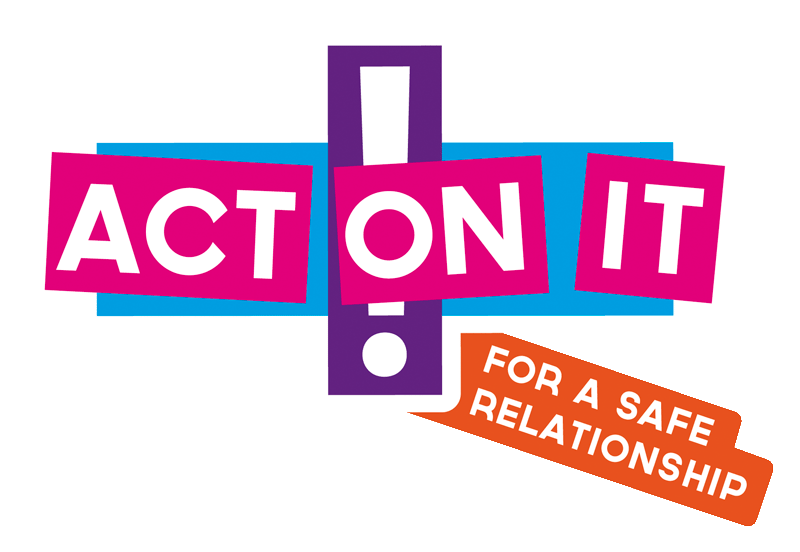
Gaslighting
Relationships can be complicated and it can be hard to spot unhealthy or toxic behaviours when you have a whole bunch of feelings & emotions that might be clouding your judgement.
If you’ve been confused about what’s happening within your relationship, have a read of this page. Anything sound familiar?
Gaslighting is a form of psychological manipulation. The person doing it sows seeds of doubt in your mind. During arguments, they twist things to make you question your own memory, perception or judgement. They can make you question your own sanity.
Gaslighting something people do to gain power and control over you. They build up gradually. They chip away at your self-esteem. You might be totally unaware that it’s happening. Even the person doing it might not realise that’s what they’re doing.
What does gaslighting look like?
If someone is gaslighting you, you might…
Second-guess yourself a lot
Question your own instincts
Apologise to ‘keep the peace’
Feel like you’re going crazy
Struggle to make decisions
Lack confidence
Does your partner…
Tell blatant lies?
Call you thick/stupid?
Expect you to apologise all the time?
Make you question your own judgement? (This can make you struggle to make decisions.)
Make you question your version of events? (This can make you feel confused/disoriented.)
Make you feel like you’re not good enough. That nothing is ever good enough?
Accuse you of going crazy? Losing the plot? Being a psycho?
Criticise you – the way you look, you interests & abilities – or your friends & family?
Accuse you of being over-sensitive / over-emotional / a drama queen?
Switch between angry and charming?
Call you paranoid?
Make you feel on edge?
Accuse you of flirting or cheating?
Try to stop you spending time with friends?
Make you defend them to others?
Sulk until they get their own way? (Which might make you ‘walk on eggshells’ to avoid conflict)
If you recognise any of these behaviours, remember that you’re not alone. It’s not your fault. You didn’t make this happen. We’re here to help, so contact us today if you need to talk.
Remember: gaslighting is a criminal offence covered within coercive control law. It is not healthy. It is not okay.
“I can be hard work. He puts up with all my shit!”
Happy and healthy relationships aren’t actually hard work. The occasional disagreement is okay. But lots of arguing, shouting, fighting and bickering really isn't healthy.
If you grew up with adults constantly shouting at each other you might have accepted raised voices, threats and sulking as acceptable within your relationships.
You might describe yourself as “hard work” because when you try to stand up for yourself it’s how you’re put back in your place: “My god, you are such hard work…”
And does he really “put up with all your shit” – or do you have massive arguments that always seem to end with you apologising and him sulking until he feels like you’ve grovelled enough? Think about it.
“I’ve been depressed. She’s my rock.”
If you’ve struggled with your mental health – with or without a formal diagnosis – you might feel like you wouldn’t have coped without the support of your partner.
But think back to a time when you were happy. Was it before she came on the scene? Could she actually be part of the problem?
Many, many people suffering with depression and/or anxiety see a dramatic improvement in their mental health when they end their toxic relationship.
So if you feel like a different person than you were at the start of your relationship. If you felt stronger in the past. If you feel guilty for not feeling like your usual happy self. Perhaps now’s the time to accept that you’re in a toxic relationship and decide what to do next?




